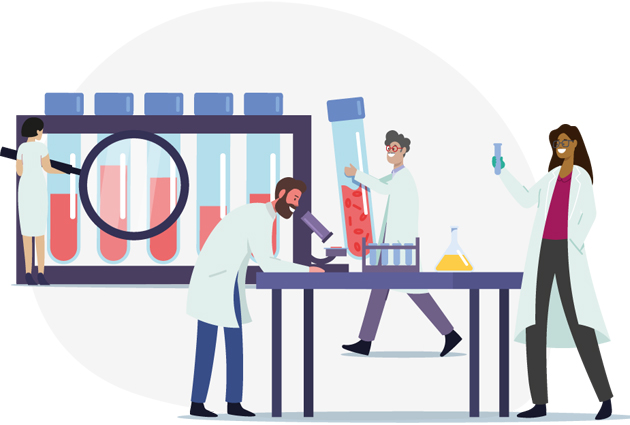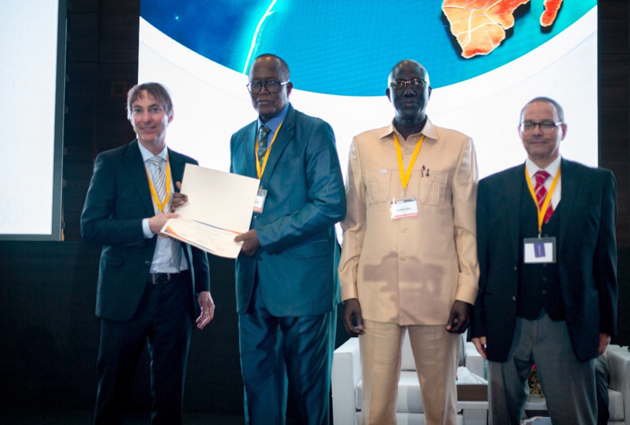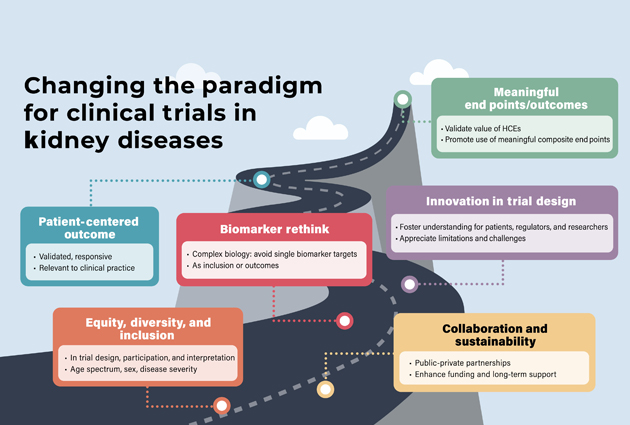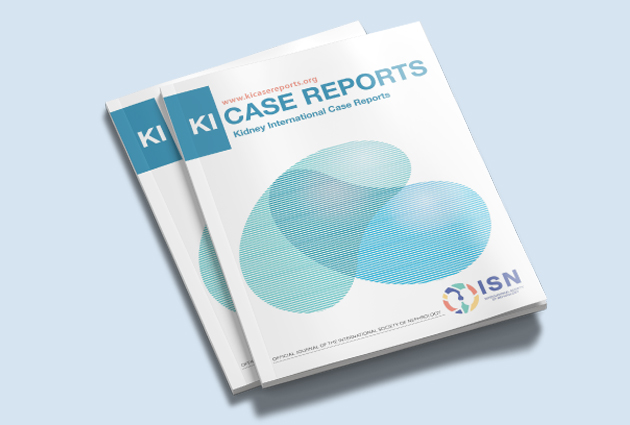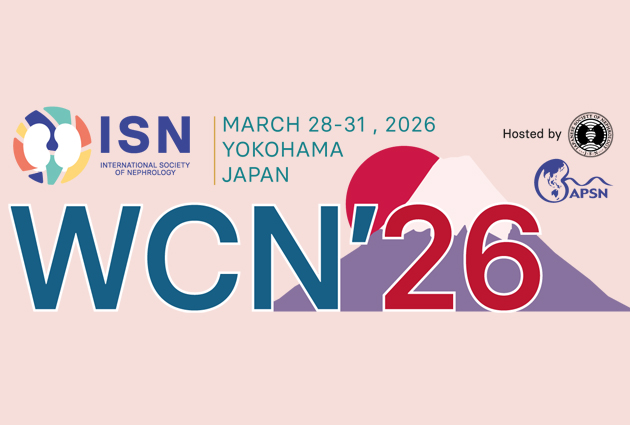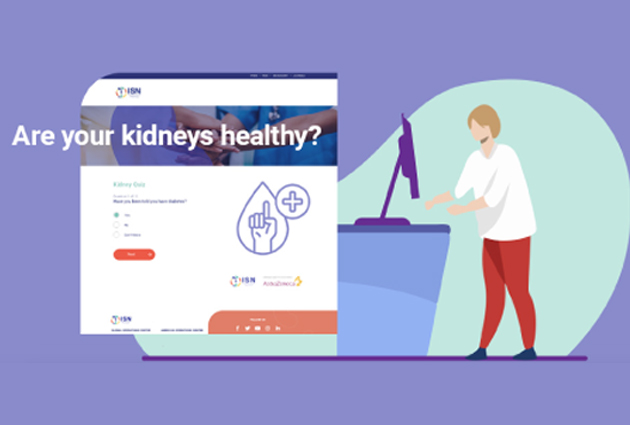COLLABORATING for safer kidney transplants globally
Organ transplantation is the best and frequently the only life-saving treatment for end-stage organ failure. According to the WHO, almost 80,000 kidney transplants were performed globally in 2013.
Although impressive, it is estimated that the activity represents less than 10% of the global need. This situation of acute organ shortage has come with its own set of challenges for kidney donors, recipients and doctors, as has the emergence of organ trafficking, a practice that continues to take place in some countries.
Cases of unethical living and deceased kidney donation are still reported in countries like Egypt, India, Mexico, Pakistan, the Philippines and Turkey.
 Beatriz Domínguez-Gil, who co-chairs the Declaration of Istanbul Custodian Group (DICG) explains the legal, ethical and clinical implications of transplant tourism. In the home country of patients who illicitly obtained an organ overseas, doctors face a guessing game in caring for them. They have no medical reports and cannot refer to a reliable healthcare professional about the procedure.
Beatriz Domínguez-Gil, who co-chairs the Declaration of Istanbul Custodian Group (DICG) explains the legal, ethical and clinical implications of transplant tourism. In the home country of patients who illicitly obtained an organ overseas, doctors face a guessing game in caring for them. They have no medical reports and cannot refer to a reliable healthcare professional about the procedure.
“Transplant tourism can also become a threat to public health,” she explains as patients also risk bringing in unexpected infections.
The DICG was set up in 2010 after the establishment of the Declaration of Istanbul (DOI) on organ traffi cking and transplant tourism in 2008. The DOI has helped to defi ne organ commercialization and traffi cking, as well as transplant tourism, and its principles have visibly raised awareness among the world’s medical practitioners about illegal organ transplantation.
The DICG has put a strategic plan into place until 2018 to focus on key issues regarding transplantation and set up local strategies to improve ethical transplantation availability in specific countries. It also aims to provide much-needed guidance on travel and
transplantation.
“Doctors do not want to report or compromise their patients. Our objective is to give them the tools to help their patients without compromising vulnerable living donors,” adds Elmi Muller, who leads the DICG with Domínguez-Gil.
A workshop organized in Madrid from April 4 to 5, 2016 also focused on creating a potential registration database for these cases. With representatives from 26 countries, this meeting continued to make the medical community aware of irresponsible commercial networks that should be criminalized.
Elmi Muller believes “practices are changing from day to day.”
The DOI has already inspired changes in legislation. For example, in Israel, legislation was modifi ed to defi ne the meaning of travel for transplantation, which led to banning health insurance companies from reimbursing illegal transplant procedures.
The law was also amended in The Philippines, decreasing the number of foreigners heading to the country for illegal transplantation procedures.
Closely collaborating with the The Tranplantation Society (TTS) and the Chinese government, DICG has worked to put a stop to the use of executed prisoners’ organs for transplantation in China. In Costa Rica, the DICG was critical in dismantling an organ trafficking ring.
According to Muller, improvements in deceased donation are being described in several countries in South Eastern Europe (under the leadership of Croatia), Latin America and in the Middle East.
 In less than two years, the DOI will celebrate its 10th anniversary. Domínguez-Gil explains that the text and definitions will be updated in the same way as the Declaration of Helsinki, (created by the World Medical Association as a statement of ethical principles for medical research involving human subjects) gets updated regularly.
In less than two years, the DOI will celebrate its 10th anniversary. Domínguez-Gil explains that the text and definitions will be updated in the same way as the Declaration of Helsinki, (created by the World Medical Association as a statement of ethical principles for medical research involving human subjects) gets updated regularly.
A fitting tribute to the dedicated efforts of this international group of medical professionals who continuously ensure the safety of all kidney transplants patients worldwide.



